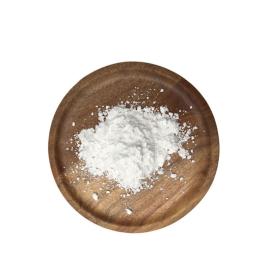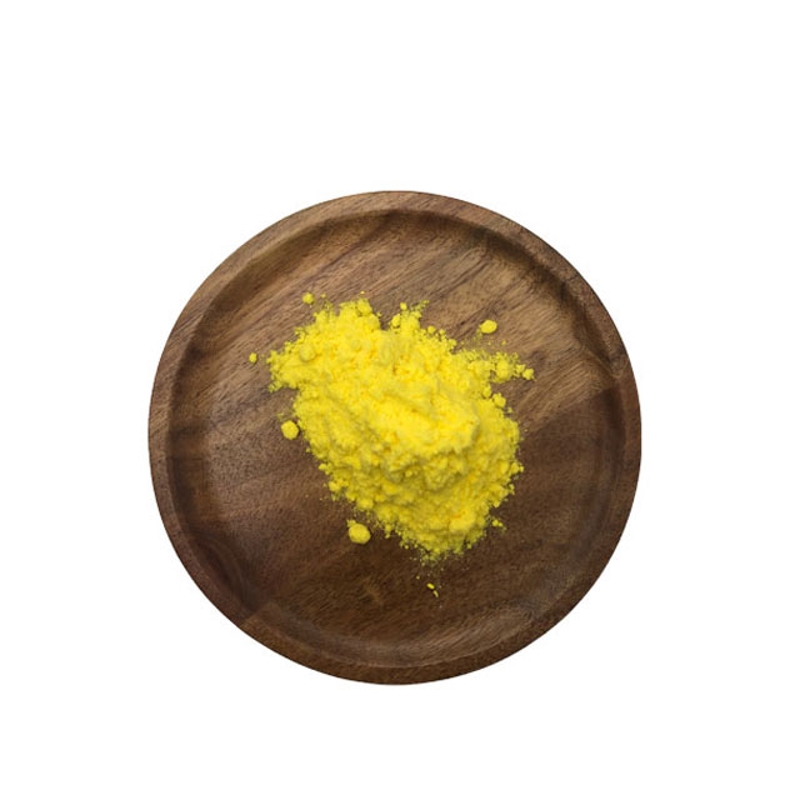-
Categories
-
Pharmaceutical Intermediates
-
Active Pharmaceutical Ingredients
-
Food Additives
- Industrial Coatings
- Agrochemicals
- Dyes and Pigments
- Surfactant
- Flavors and Fragrances
- Chemical Reagents
- Catalyst and Auxiliary
- Natural Products
- Inorganic Chemistry
-
Organic Chemistry
-
Biochemical Engineering
- Analytical Chemistry
- Cosmetic Ingredient
-
Pharmaceutical Intermediates
Promotion
ECHEMI Mall
Wholesale
Weekly Price
Exhibition
News
-
Trade Service
▎Edited by WuXi AppTec's content team Immunotherapy can reactivate the body's immune system to kill tumor cells and is a promising cancer treatment strategy
.
One of the more common drugs is immune checkpoint inhibitors, which can release the "brake" that controls T cells and promote their ability to attack tumors
.
Such drugs have achieved optimistic results in some cancer types, but how can more patients benefit from it? Recently, scientists at the Massachusetts Institute of Technology discovered that there may be a special way to combine chemotherapy drugs to enhance the effect of immunotherapy
.
They first paid attention to a type of immune phenomenon: immunogenic cell death, those dying or dead tumor cells will send out some signals to attract the attention of the immune system
.
According to their new research published in Science Signaling, in order to test the applicability of this phenomenon, Professor Michael Yaffe and colleagues processed tumor cells in vitro according to different concentrations of chemotherapeutics, and then proceeded to it.
Dendritic cells were added, and finally T cells were added
.
▲Professor Michael Yaffe (picture source: personal homepage of the school's official website).
Unexpectedly, most of the chemotherapy drugs group did not improve the killing effect of T cells, but the low-dose group showed good results
.
This is not the same as expected.
It is reasonable to say that high-dose chemotherapy drugs should be more effective
.
In the follow-up analysis, they found that it is not the dead cancer cells that can activate the activity of immune cells, but the cells that are damaged by the drug play a real role
.
Since the high-dose group kills very few cancer cells, the follow-up help to immune cells is minimal
.
"This shows a completely new concept of immunogenic cell damage, rather than immunogenic cell death as previously thought," Professor Yaffe said.
Their follow-up results showed that if low-dose chemotherapy is used in vitro to treat cancer The cells were processed and then injected into the tumors of the mice
.
Later, when these mice received checkpoint inhibitors, they were able to obtain better treatment results, the tumors began to fade away, and the immune system was significantly activated
.
Among all the drugs tested, the best choice is one that can cause DNA damage
.
When DNA damage occurs in tumor cells, it activates their stress-related signal pathways.
The stress signals sent by these pathways can stimulate T cells to start destroying the damaged cells, and will also remove the surrounding tumor cells by the way.
Drop
.
Image source: 123RF Overall, using this treatment strategy in mice with melanoma and breast cancer can make 40% of the experimental mice tumors completely regression
.
After a few months, reinjecting cancer cells into these mice immediately stimulated a T cell response, and the mice did not form new tumors
.
Of course, this method must undergo in vitro chemotherapy treatment, reinjection of cells and a combination of immunotherapy to produce an effect.
For example, direct injection of DNA damaging drugs into tumors has almost no effect.
This action may damage T cells and other immune cells
.
And if checkpoint inhibitors are not used in the follow-up, the effect is minimal
.
Professor Yaffe hopes that this approach can help patients who are not sensitive to immunotherapy
.
In the future, more research is needed to determine which drug and which dose can exert the best effect in different tumor types
.
"You have to find the right immune agonist, but at the same time you have to exert the ability of immune cells," Professor Yaffe said
.
Reference: [1]New cancer treatment may reawaken the immune system.
Retireved Oct 20, 2021 from https://medicalxpress.
com/news/2021-10-cancer-treatment-reawaken-immune.
html[2]Sriram et al .
, The injury response to DNA damage in live tumor cells promotes antitumor immunity, Sci.
Signal.
(2021).
DOI: 10.
1126/scisignal.
abc4764







